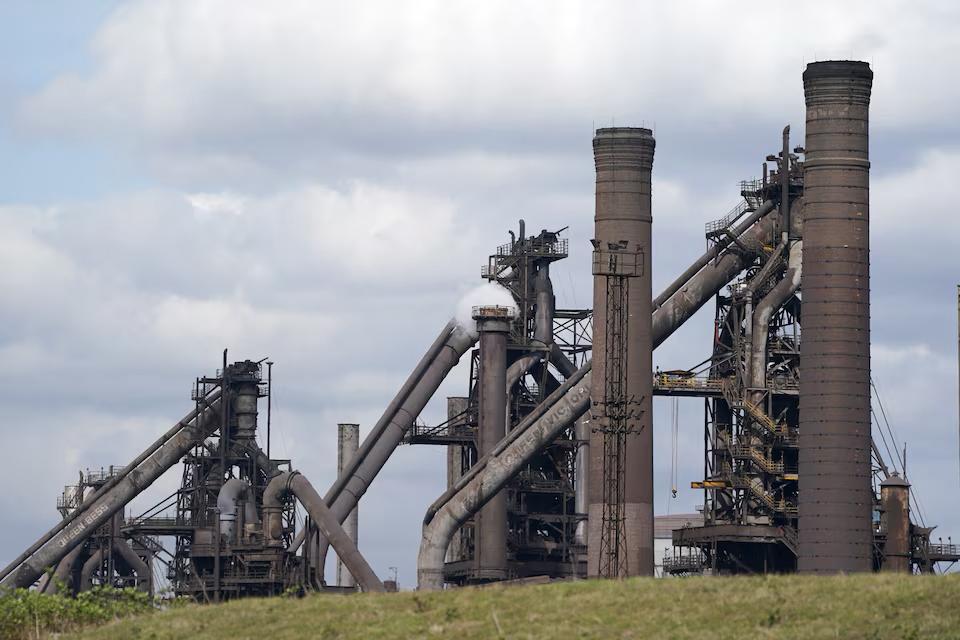Britain said on Tuesday it could keep the country’s last steel blast furnaces burning for at least the next few weeks after securing a delivery of fuel – the latest step in a last-gasp government scramble to save domestic virgin steel production.
The government had been racing to secure enough coking coal and iron ore to keep the loss-making furnaces running after passing emergency laws on Saturday to take operational control of the site in northeastern England from Chinese owners Jingye Group.
The furnaces need to be constantly fuelled, can not easily be restarted if closed down, and are losing 700,000 pounds ($922,950.00) per day.
Without them, Britain would be reliant on imports for its rail, construction, and automotive industries at a time of trade wars and geopolitical instability.
The minister of business, Jonathan Reynolds, said British industries at the heart of the government’s plans to revive the nation’s ageing infrastructure relied on domestic steel.
Reynolds will travel to the east coast port of Immingham to watch the fuel be loaded for transit after the government said it has settled the payment for the shipment, which originally arrived from the United States and had been stored at the docks.
A separate ship from Australia carrying coking coal and iron ore was also bound for Britain after the resolution of a legal dispute and payment from the government.
Meanwhile, President Donald Trump has issued an ominous new justification for his tariff hikes, saying more products need to be made in the United States so it is prepared in case of ‘war.’
Trump has sparked fears of a recession with his crackdown on foreign imports which is part of a campaign to ramp up domestic manufacturing and have more goods made in America.
In his latest explanation of the tariff policy he suggested it was necessary to deal with any future war.
Trump made the comments on Air Force One while talking about possible pharmaceutical tariffs.
He said: ‘We’re going to have our drugs made in the United States so that in case of war, in case of whatever, we’re not relying on China and various other countries, which is not a good idea.’



